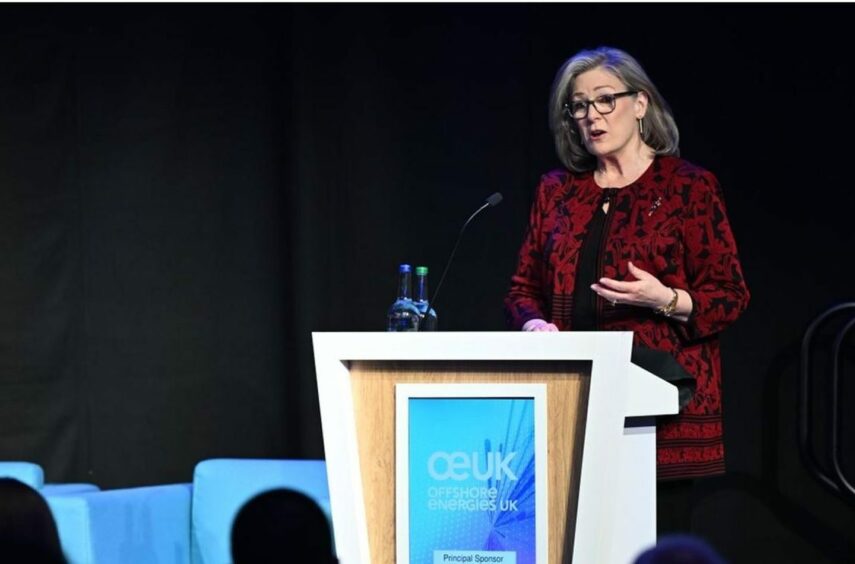
Harbour Energy (LON: HBR) has revealed earnings of $1.2 billion in the first half of 2024 as it progresses with its Wintershall Dea acquisition takeover.
The UK’s largest producer of oil and gas saw its earnings before interest, taxes, depreciation, amortization, and exploration expense (EBITDAX) drop from the same period in 2023 when it reported $1.4bn.
Harbour was able to earn over $1bn in the first six months of the year while operating costs remained “broadly flat at $0.5 billion,” the same as the year previous.
Globally, Habrour’s tax bill from last year as Harbour reports paying $335 million, compared to last year’s $437m.
Harbour Energy has operations in the UK, Norway, Mexico, Vietnam and Indonesia. UK operations account for 90% of the firm’s production and 93% of its overall reserves.
Ashley Kelty, director and research analyst for oil and gas, offered his two cents on Harboue’s update.
He said that the firm’s production has dropped “due to natural declines and lack of investment due to penal fiscal regime in UK”.
Harbour’s production averaged 159 thousand barrels of oil equivalent per day (kboepd), a drop from the first half of 2023’s 196 kboepd.
“Going forward, the portfolio diversification from the Wintershall transaction will make the UK and its investment environment less critical in the overall Harbour business,” argued Zues analyst Daniel Slater.
Harbour’s Wintershall Dea makes ‘significant progress’
During this time the firm has also forged ahead with its £11.2 billion acquisition of German rival Wintershall Dea.
Linda Cook, chief executive officer, commented: “We made significant progress towards completing the Wintershall Dea acquisition, which is now expected early in the fourth quarter.
“The acquisition will transform the scale, geographical diversity and longevity of our portfolio and strengthen our capital structure enabling us to deliver enhanced shareholder returns over the long run while also positioning us for further opportunities.”
In May Harbour shared that its deal was “on track” for completion in the fourth quarter of this year.
In its half year results, the firm shared: “Regulatory, anti-trust and foreign direct investment (FDI) approvals progressing as planned including, post period end, receipt of UK FDI approval and UK regulatory consent from the NSTA.”
The move to increase “geographical diversity” comes at a time when domestic oil and gas companies have rallied against the new UK government’s changes to taxation.
Cook has previously stood against the windfall tax, having written to former chancellor Jeremy Hunt in late 2022 to warn the energy profits levy risks “driving investment out of the UK altogether.”
Speaking on the infrastructure Harbour will pick up upon completion of the Wintershall takeover, Slater added: “The new assets produced at 321mboe/d in 2023 and hold 1,117mmboe of net 2P reserves, with significant positions in Norway, Argentina, and Germany.
“The deal will transform Harbour on completion, in terms of scale and asset diversification.”
Forging ahead with Talbot and Viking
However, within the UK the Habrour-operated Talbot was said to be on “track to significantly increase production in Q4.”
Work on Talbot kicked off in late march of this year.
Harbour also reported making progress on its two CCS projects within the UK, Acorn and Viking.
Viking, which it owns a 60% share of commenced FEED work in January. Harbour handed out the front end engineering and design contract to French firm Technip Energies.
Cook added: “During the first half of 2024 we maintained our focus on safe operations, maximising the value of our existing portfolio and advancing our organic growth projects.”
Recommended for you
